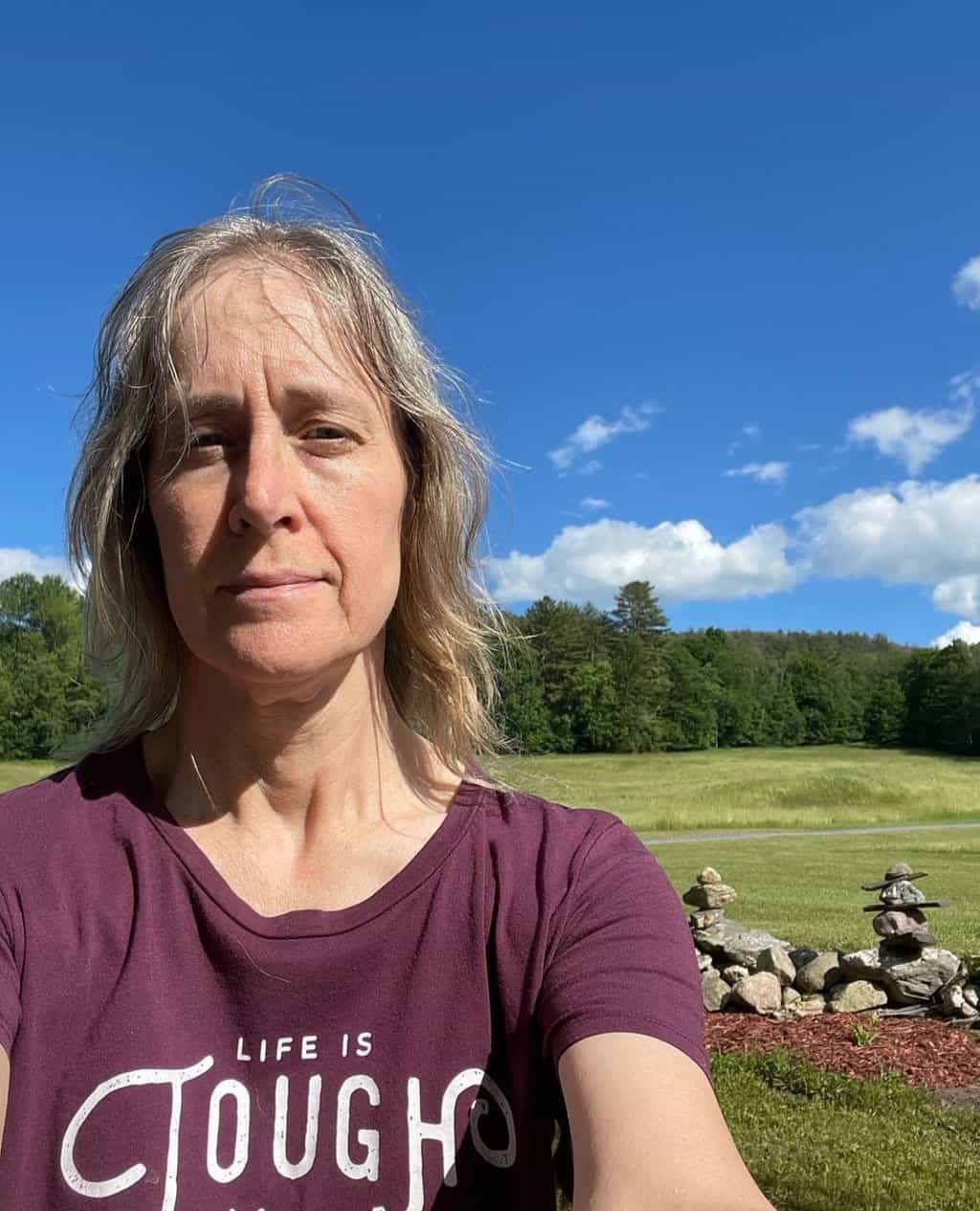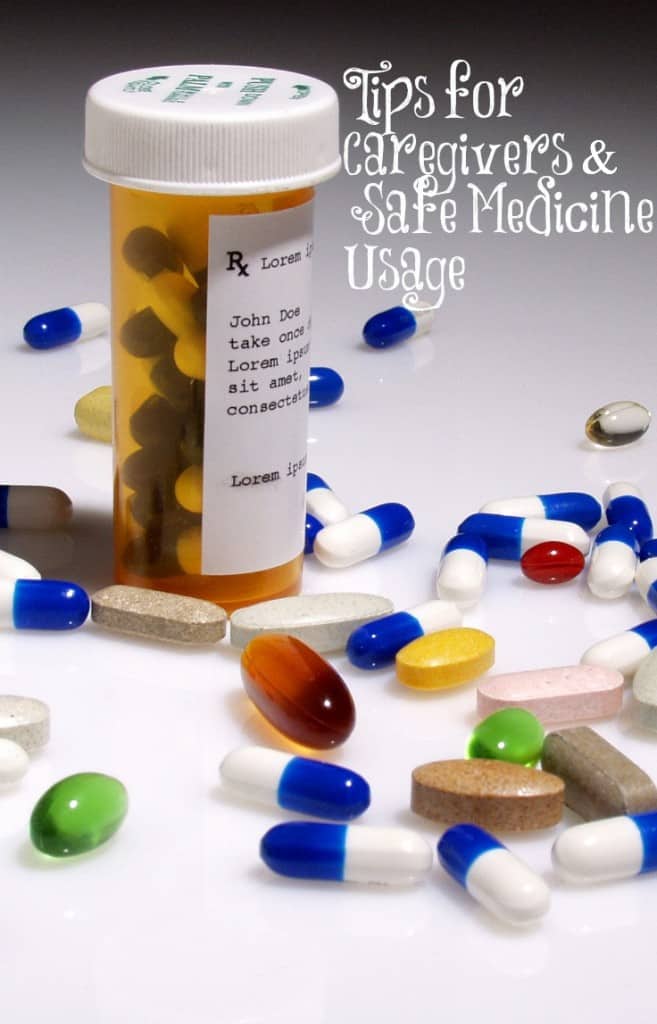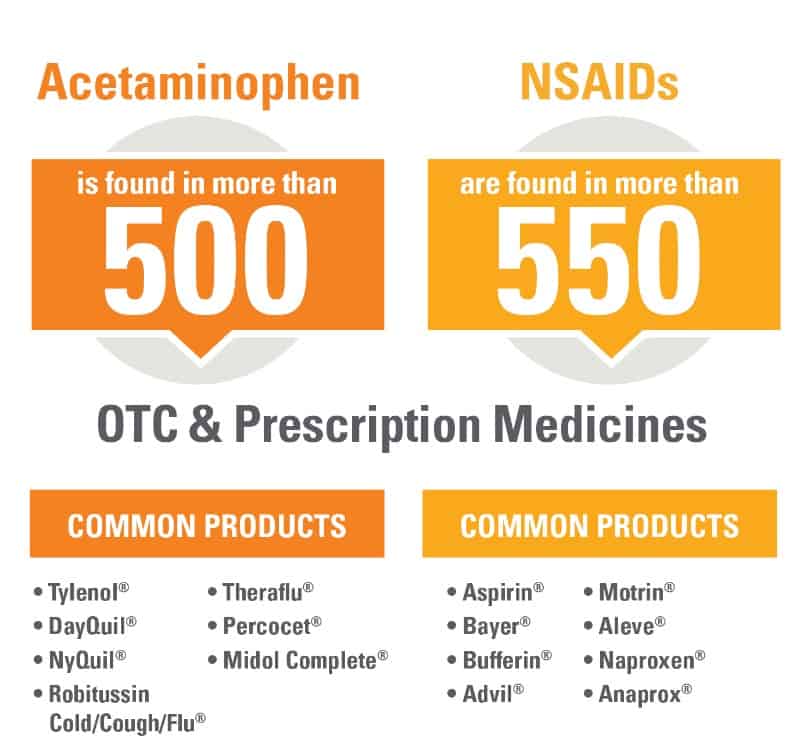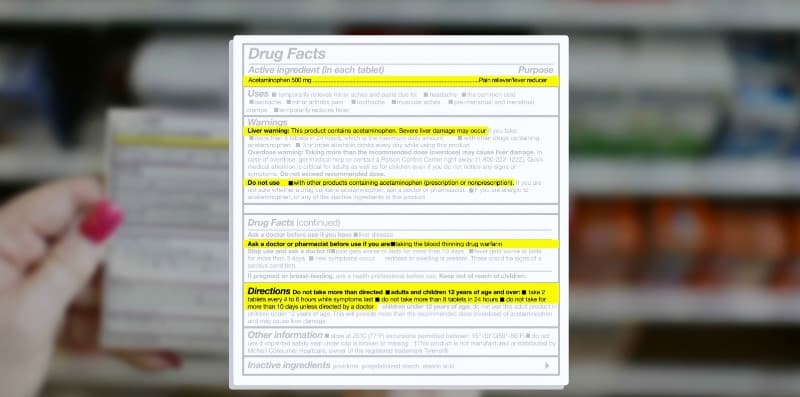Last Updated on September 3, 2020 by Ellen Christian
I wrote this blog post while participating in a campaign by BOOMboxNetwork.com on behalf the American Gastroenterological Association and received payment for my participation. All opinions stated within are my own.
Posts may be sponsored. This post contains affiliate links, which means I will make a commission at no extra cost to you should you click through and make a purchase. As an Amazon Associate I earn from qualifying purchases.
Those who have been reading my blog for a while have probably figured out that in addition to the other hats I wear, I am a caregiver. My husband hurt his back about ten years ago and after several failed surgeries, steroid injections, physical therapy and acupuncture, he still has chronic pain, permanent nerve damage and loss of feeling in his foot. He is no longer able to do the things that he used to do and needs help managing some things throughout the day. He is also on a number of different medications for pain and inflammation. These tips for caregivers and safe medicine usage are ones that work for me.
Tips for Caregivers and Safe Medicine Usage
Because Marty is on pain medication, he sometimes doesn’t think as clearly as he should. He occasionally forgets things like when he took his last pill or where he put his glasses. I help him manage his medications and keep him on a healthy schedule. People with chronic pain are often on a number of different medications. While everything he takes is prescribed by one doctor and filled at one pharmacy, I sometimes worry that there is some sort of overlap.
Marty takes pain medication along with an NSAID to help with inflammation. He also takes low dosage aspirin to help with heart health. I know that there is some overlap in these medications but I never had any idea how much was OK or how much I should worry about. Each year, it’s estimated that more than 100,000 people are hospitalized for gastrointestinal bleeding and liver damage from overdose or overuse of pain medicines and an estimated 17,000 die from these issues. That scares me.
The Gut Check Know Your Medicine campaign is an educational campaign by the American Gastroenterological Association (AGA) to educate people about the safe use of pain medication. The most common OTC pain medicines fall into two categories: nonsteroidal anti-inflammatory drugs (NSAIDs)* and acetaminophen. More than 500 OTC and prescription products contain acetaminophen and nearly 550 contain an NSAID. These products may have different names but it’s important to remember that they may share the same ingredients.
These ingredients can cause harm when taken together or in excess of a maximum dose. The maximum daily dose for acetaminophen is 4,000 mg/daily. The maximum daily dose for NSAIDs varies by ingredient and can be as low as 660 mg/day for naproxen sodium, 1,200 mg/day for ibuprofen, and 4,000 mg/day for aspirin. When in doubt, talk to a professional about dosage and medicine interaction
- Read the labels carefully to see exactly what ingredients are in what medications. Stay within the allowable daily dosage.
- Choose single medications rather than combinations. Take a pain reliever for a headache and a cough medicine for a cough rather than a cold and flu medication that may contain several ingredients.
- Use a pill organizer to keep track of what pills you take what days. I have one for myself that is a week’s worth of pills broken down into days. Marty has one that is one day at a time broken down into morning, lunch, dinner and evening. Use whatever works best for you.
- Have set times that you take pills. Taped to the side of Marty’s computer is the time of day he takes each pill. He knows that if it isn’t 2:30, it isn’t time for pain medication. Be consistent.
People don’t realize that exceeding the recommended dose of acetaminophen can result in serious liver damage. This damage cannot be reversed and is not always recognizable. Exceeding the recommended dose of NSAIDs can cause gastrointestinal bleeding which is a serious and life- threatening condition.
Please visit the AGA Gut Check site for more information and remember to read the labels.
Related articles

Ellen is a busy mom of a 24-year-old son and 29-year-old daughter. She owns six blogs and is addicted to social media. She believes that it doesn’t have to be difficult to lead a healthy life. She shares simple healthy living tips to show busy women how to lead fulfilling lives. If you’d like to work together, email info@confessionsofanover-workedmom.com to chat.







 14 Healthy No Bake Pie Recipes From Scratch
14 Healthy No Bake Pie Recipes From Scratch
I’d love to get where I don’t have to take any pain meds. I am getting better at it…I try to rest first to see if my shoulder ache will go away before I head to the medicine cabinet.
That is my husband’s goal as well. I hope it is possible!
This article is lots and loads of information.
Home remedies are much better than popping pills in common ailments 🙂
Thank you so much. We always try to find home remedies first.
It’s really important to know what you are taking ans as much about the medicines as possible. There are just so many things that can go wrong if you don’t.
That is so true, Dawn. That is why reading the label is so important.
I take NSAID’s a lot because of my carpal tunnel syndrome, but I definitely try to keep it to less than the limits you mentioned.
Carpal tunnel syndrome can be so painful! I had no idea.
These are such important tips. Thanks for sharing I’m going to send this to my aunt.
Glad to, Kristin! Hope it helps!
Great tips. I need to remember to use our pill organizer, it would make things so much easier for us. Might need to run and pick another one up!
I find a pill organizer really does work for us!
So important! I made a huge sign inside our medical cabinet to remind us to read the ingredients and directions every time we give the girls or ourselves medications. You can never be too careful and accidental overdoses are all too comoom!
That is a fantastic idea, Heather!
When I had my knee operation; i was in such a fog. It was really hard to remember what meds I took and when. Having them organized and tracked is crucial. You definitely don’t want to be taking too much or taking meds that have extras in them that you don’t need. Agree with reading the label carefully.
Reading the label is really key. It’s important to understand what you’re taking.
I’m glad you wrote about this. I know more than one person who pops pills like nobody’s business. The long term effects ARE fatal!!
They really are, Marina! It’s scary to think about!
Very important info here. I hardly ever take medications and try to avoid taking them, if possible. Our society is too quick to pop a pill for every ache or pain. I always worry about the long-term effects of having to take azithromycin for the rest of my life. All the more reason to avoid anything else.
I agree, Nancy. I do try to find alternatives whenever I can. Unfortunately it isn’t that easy for my husband.
I helped my dad when he was fighting leukemia and his meds were so confusing! This is definitely a wonderful campaign! Love the tips, so helpful!
That must have been really challenging, Linette. I agree, that keeping all the different meds straight can be tough.
These are good tips for anyone, Ellen! We do a set time for taking medicines and it really does help!
I agree, Pam. It helps keep track of things.
Lots of good information here – I think what stands out to me is that drugs that we use everyday like Tylenol can really harm our bodies if we take too much – and it’s not hard to “overdose” on OTC meds when you look at the labels/dosage recommendation. I think that can easily happen even on accident.
That is really true, Nicole. Lots of the damage caused is accidental!
Great tips! So important to educate yourself on what you are putting in your body (or that of someone you care for).
Very true, Sarah. I try really hard to be aware of everything that may effect me!
This is so true. I took something for a head ache one night then about an hour later took some nyquil. Turns out I overdosed and had a horrible stomach ache. I am just so thankful that is all that happened to me. Thank you for spreading the word about this. It is so important.
Oh that must have been really scary, Shauna! So glad you are OK.
These are all great tips that it is important to be aware of!
Thanks, Melissa. I agree!
Okay first, do you ever sleep??? You certainly do wear a lot of hats!!! Second, this is such an important topic. My grandma forgets if she has taken a pill at times and it’s so scary. I need to look at this, too. Pretty sure I may have mixed a few things just today on myself. :/
LOL I do not sleep a lot, Jennifer, which I need to work on. It’s really important not to mix things. I know we work on perfecting our schedule all the time.
Medicines can be so complicated. These are great reminders to caregivers and people who manage their own meds.
Thanks, Michele, and I agree. There’s a lot to think about!
Great tips.. these sure are important for anyone.. I have so many different medications that I need to make sure they are always away from the kids and it’s always hard for me to make sure that I can take over the counter meds with my prescription ones… so this post was great
Keeping them away from small children is so important. Thankfully mine are teenagers now!
My mom has a ton of pills to take a day. I would need reminders if I had to take a lot.
Reminders really do help us, Tess.
Great advice, as a former nurse, it’s crazy how meds interact with each other and how easy it is to administer wrong. A must read!
It really is something you have to pay close attention to!
wow those statistics are scary! I think people are uneducated about medications. I do my homework when my children or I prescribed anything prior to taking them. Great tips!
I totally agree, Nicole! Those statistics are just so high!
Ugh that is scary news, it is really important to know the facts and to get informed. My hubby pretty much refuses to take medicine because of the warnings. I am trying to also choose more natural options for myself, but it’s hard. Thanks for sharing these important tips!
I rarely take medication myself, Dawn, so I can totally understand how he feels!
Great advice. Being organized and consistent is very important.
I totally agree, Holly! Organization is huge for me.
Great tips! It’s shocking that acetaminophen is found in over 500 medications.
I know! That number just amazed me!
Thank you for sharing this valuable advice! We don’t have anyone on any medication in our house, but of course we have things like multivitamins, pain relievers like Tylenol and Excedrin and supplements. We always keep them high up in the kitchen cabinet so that my nieces and nephews don’t get into them when they visit!
Definitely a great thing to do, Jenn. We always kept ours up high when the kids were little.
Pain meds can really do a number on our bodies. Alternatives like massage and physical therapy should definitely be looked at first!
That is very true, Diane! There are many homeopathic alternatives that work well too.
This is such an important and much needed campaign. I was on pain meds for a time, and remember the fog I was in. It can be difficult managing a lot of different meds.
It really can, Angela. Pain medication can definitely leave you in a fog at times.
I totally agree!! We were told to put both our littler kids on allergy meds YEAR ROUND. We’ve found natural remedies that help immensely and while our son does need a boost during spring and early fall, we manage without the drugs the rest of the year